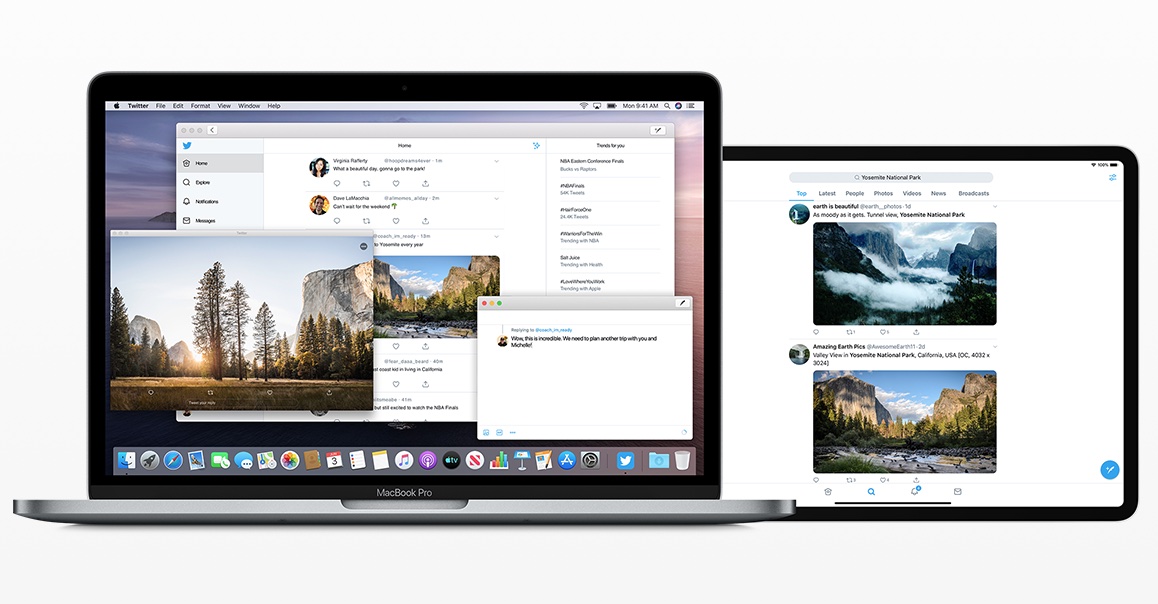Project E.A.R.T.H. Mac OS
Development Repositories

I have been doing this for the psych package, trying to maintain both a PC and a Mac version. The Mac version has the requirement (according to the Mac FAQ): 'A Mac OS X specific requirements, is that a prebuilt package is assumed to be named (and accordingly archived and compressed) as packagename.tgz. For any workaround, you can refer to Bob's suggestions in this similar thread: Can we install MS Project Professional 2016 and MS Project Standard 2016 on Mac OS. Note: The headings on this list indicate the Macintosh System bundle names; the bullet points indicate the version of the System File included in that bundle. This is to make it clearer for people searching for specific bundle versions as opposed to System File versions. Finder File versions are not indicated. 1 Classic Mac OS 1.1 Macintosh System Software (0 - 0.3) 1.1.1 System File 1 1.1.2. Mach (/ m ɑː k /) is a kernel developed at Carnegie Mellon University by Richard Rashid and Avie Tevanian to support operating system research, primarily distributed and parallel computing.Mach is often mentioned as one of the earliest examples of a microkernel.However, not all versions of Mach are microkernels. Mach's derivatives are the basis of the operating system kernel in GNU Hurd.
- Main
- The main development repository of the Mercurial maintainer Matt Mackall can be found at https://www.mercurial-scm.org/repo/hg.
- Committers
- The development repository of the Mercurial core contributors can be found at https://www.mercurial-scm.org/repo/hg-committed/.
Project E.a.r.t.h. Mac Os X
See Developer Repositories on the wiki for a full list.
Requirements
The MacPorts Project Official Homepage. The MacPorts Project is an open-source community initiative to design an easy-to-use system for compiling, installing, and upgrading either command-line, X11 or Aqua based open-source software on the Mac operating system.
- Python
- Mercurial uses Python (version 2.7). Most ready-to-run Mercurial distributions include Python or use the Python that comes with your operating system.
Older Releases
Mac Os Catalina
- Python versions
- For more information about version support, see Supported Python Versions on the wiki.
- Python 2.6
- Mercurial 4.2.3 is the last release to support Python 2.6. Use this if you need to run Mercurial on old platforms and you cannot update your Python installation.
- Python 2.5
- Mercurial 3.4.2 is the last release to support Python 2.5. Use this if you need to run Mercurial on very old platforms and you cannot update your Python installation.
- Python 2.4
- Mercurial 3.4.2 is the last release to support Python 2.4. Use this if you need to run Mercurial on very old platforms and you cannot update your Python installation.
- Python 2.3
- Mercurial 1.2.1 is the last release to support Python 2.3. Use this if you need to run Mercurial on very old platforms and you cannot update your Python installation.
- Older source releases
- All previous source releases are available to download.
Get started
Mercurial is written in Python with platform independence in mind. As a result, Mercurial is available on Microsoft Windows, GNU/Linux, Mac OS X, Solaris 11 Express and others. You can either download a binary package for the system of your choice or build it from sources.
Windows users are likely to enjoy the TortoiseHg GUI the most. It integrates Mercurial directly into your explorer.
Packages for common Linux, BSD and Solaris distributions can be installed from the system specific repositories:
(Ubuntu: If you need a more recent version than what is available through apt-get, you can try the PPA.)